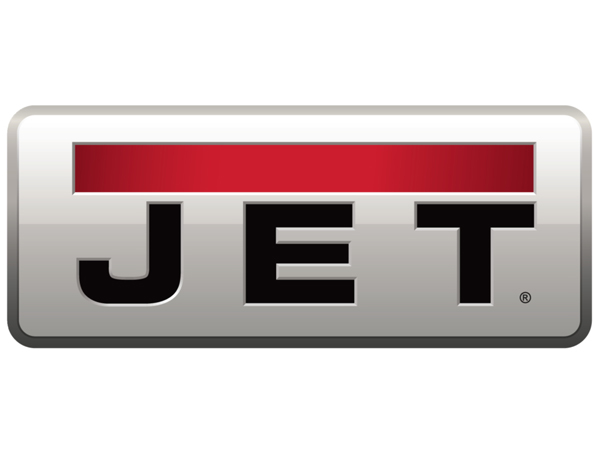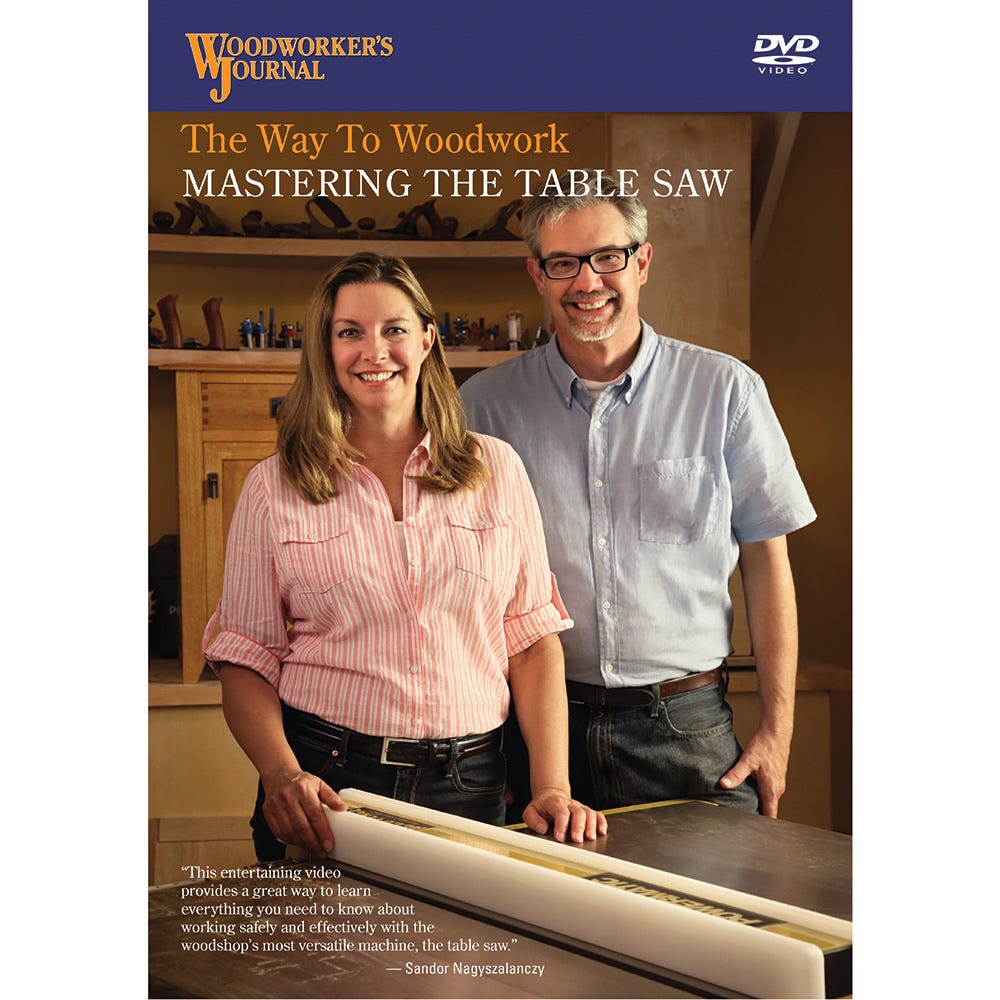
The name of WMH Tool Group may not resonate with most woodworkers, but the companies it owns — JET Tool, Performax, Powermatic, and most recently Wilton — certainly will. The new company, owned by a Swiss conglomerate, will make a vast number of products more available to woodworkers and other customers.
According to company president and CEO Dennis Jacobson, “Both JET and Wilton are perceived by their markets as high quality products. With the new company, we’re well-positioned in both consumer and industrial channels. Consumers, and woodworkers in particular, can expect to see lots of new product carrying the JET name. They will all be very high quality ? and at a competitive price.”
JET is a well-known name among consumers. Founded in 1958 and purchased by WMH in 1988, JET Equipment and Tools has established a leadership role in the industry, with some pieces of equipment achieving “best seller” status in their categories. JET’s acquisition of Performax Products and the Powermatic Corporation allowed them to move even more aggressively into material handling, metalworking, and woodworking markets.
Wilton hand tools are also well-known – even more than JET – on the industrial side. But to most woodworkers, Wilton – along with its secondary Columbian and Brink and Cotton brands – is known primarily for high quality clamps and vises. That’s about to change. The acquisition of HTII – a major retail supplier of private labeled hand and power tools for companies like Sears – a few years ago brought a vast line of consumer and professional tools under the Wilton name.
“The best fit may be under the Columbian, Wilton, or JET label or even under multiple brands.” Dennis explained, “A Columbian router was recently introduced under the JET name?but it will still be sold under Columbian as well. And in some cases, we’ll offer Wilton branded products through the Jet division ? or we may put them under the JET name to take advantage of brand loyalty.”
What other changes will woodworkers notice? Consumers will gradually find a wide array of new products, especially woodworking tools, sold in traditional JET channels.
“Don’t expect overnight changes,” Dennis cautioned, “Tools have a fragmented customer base and it’ll take time for all the tools to penetrate market, plus it’s hard to make a big impact at gigantic retailers like Home Depot or Lowe’s.”
Though he took some woodworking classes in his younger days, Dennis admits he has little time for it anymore. But that’s okay ? he’s really enjoying the challenge of putting his new organization together and making WMH a major player in the tool industry.






